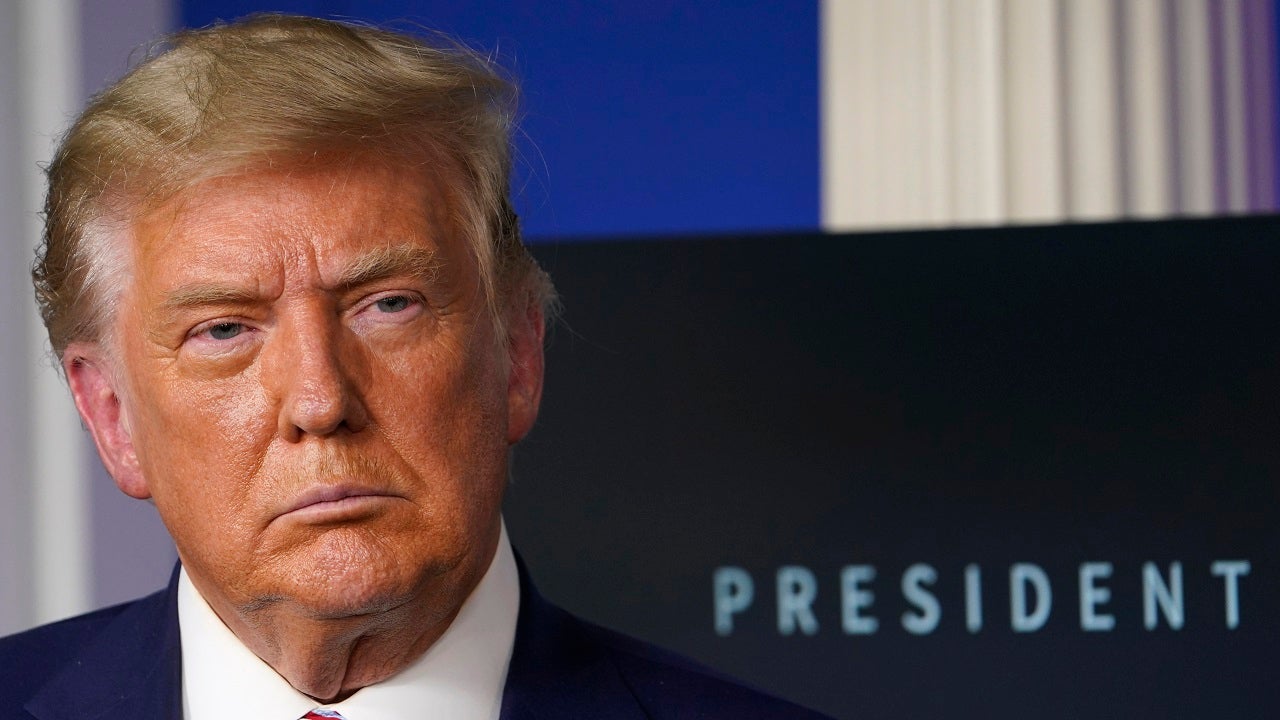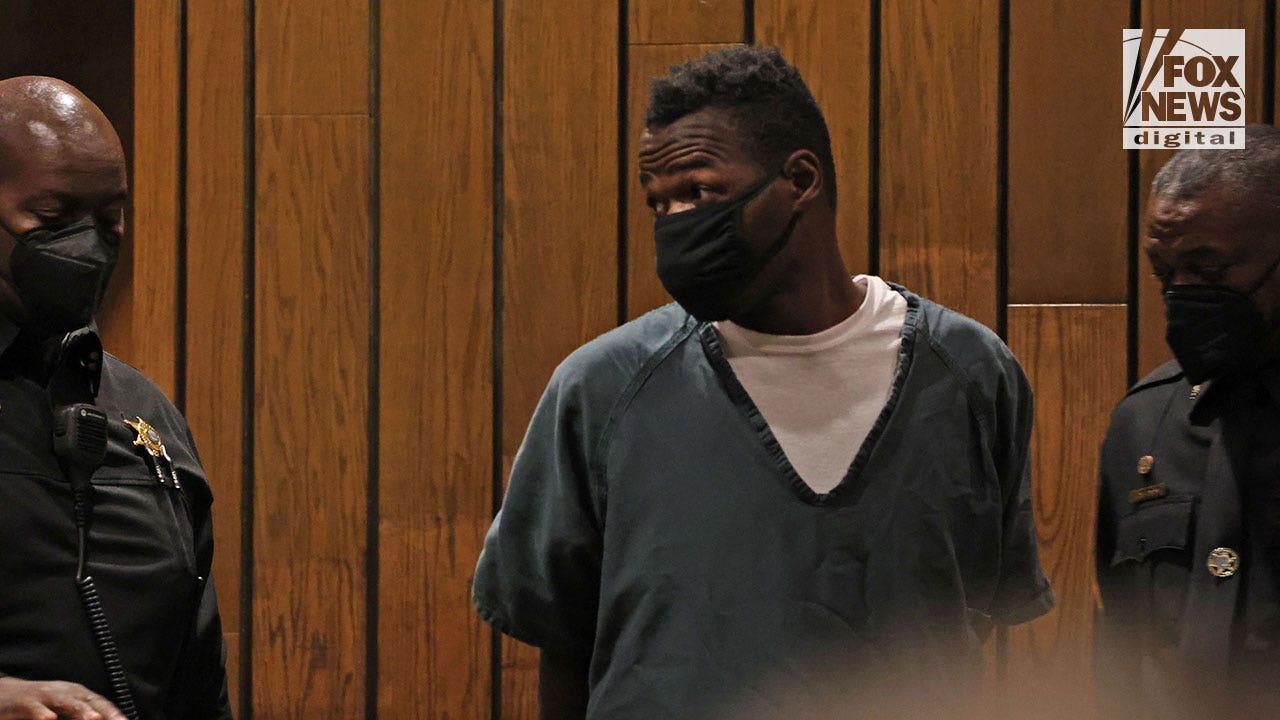Rod Oram: Helen Kelly’s Battles Are Yet To Be Won
Comment
The new biography of unionist Helen Kelly has much to teach us about how to challenge injustices in the economic system, writes Rod Oram
Rebecca Macfie’s magnificent biography of Helen Kelly offers us vivid insights into the life and work of a remarkable fighter against injustices during a turbulent time in our recent history. Kelly knew such efforts were endless, which is why her personal and professional life is so empowering to all who continue the task today.
Who Kelly was, what influences shaped her and what she achieved are well described in the excellent review of Macfie’s book by my Newsroom colleague Finlay Macdonald.
This column is more about the economic systems Kelly fought, the lessons she taught us about them and how we can keep applying them today. We need such guidance more than ever. Our twin crises of pandemic and climate are rapidly deepening those injustices.

Kelly was a young schoolteacher when neoliberals unleashed economic reforms on New Zealand in the mid-1980s. She was quick to respond through her teachers union, having grown up in a politically active family. Her father was a trade union leader and her mother a campaigner on justice issues.
Macfie, one of our best business journalists, writes concisely and forcefully about the reforms and their impacts, particularly those driven by the Employment Contracts Act of 1991. To help tell the story, she draws on the papers of Roger Kerr, the key architect and advocate of those labour and other neoliberal reforms as chief executive of the Business Roundtable.
So far too little study has been made of the Roundtable’s radical agenda and its excessive influence on government. The result was the deepest, quickest, most damaging application of a neoliberal agenda by any country. This collection of papers in the National Library deserves far greater research. We might learn, for example, how we can better protect a plurality of voices in society.
Kelly’s talent was quickly spotted, developed and put to good use by the union movement. In late 2007, she became its leader as president of the Council of Trade Unions. In her first major speech to her colleagues, at a conference in Rotorua in February 2008, she outlined many ways unions needed to reform themselves to become effective in the modern economy. Yet, as Macfie writes:
Start your day with
a curation of our top
stories in your inbox
Start your day with a curation of
our top stories in your inbox
“There was nothing here about tearing down the walls of capitalism. She talked about ‘iterative discussions’, ‘social partnership’ and the ‘desirability of joint actions among organised labour, employers and government’. There were quid pro quos to be respected: any system of industry-wide pay agreements and wider union influence would ‘place obligations on unions both to prove the legitimacy of this power and to show they are able to operate in a way that supports a modern workplace’.”
As she was speaking, the first signs of the Global Financial Crisis were surfacing. Six months later, the global economy was reeling. Finally in July 2009 Prime Minister John Key hosted his Job Summit to seek proposals from across society to help New Zealand weather the storm. The CTU contributed willingly to the discussions but the Key government was determined instead to reduce the role of labour organisations in workplace relations. On October 20, 2010, the CTU responded with “Fairness at Work” protests around the country.
That same month, the Key government’s “Hobbit Law” was passed by Parliament, which made film workers independent contractors rather than employees. Warner Brothers had threatened to shift production of two Hobbit films out of the country if such legislation was not enacted.
Kelly and the CTU had fought hard against the legislation, attracting widespread anger from media figures such as Paul Holmes and Mike Hosking and some members of the public. To make her case, Kelly researched diligently and deeply, thanks in part to the Official Information Act. In April 2011 she published an 11,000 word, heavily annotated essay. A decade later it remains a definitive account.
For her research, Macfie sought interviews with three leading protagonists in the Hobbit conflict – Peter Jackson, Richard Taylor and Dave Gibson. They declined. In total, Macfie interviewed more than 200 people for her book, of whom only a handful turned her down.
Barely a month after the Hobbit law was passed, the Pike River mine explosion killed 29 men. Macfie laid bare the causes of the tragedy in her award-winning 2013 book. She returns to the subject in her Kelly book, writing about the extraordinary efforts the labour leader made to get justice for the miners.
“There was never a day that she wasn’t furious about Pike,” Kelly’s son Dylan told Macfie.
She was particularly incensed by the Key government’s decision to drop charges against Peter Whittall, the mine’s chief executive, after the company’s insurers paid $3.41 million to families of the victims. But her efforts to get a judicial review failed.
Macfie writes: “Attorney-General Chris Finlayson had been disgusted by the dropping of the Whittall charges and was sympathetic to the families’ position. He supported a package of measures: the payment of compensation, a parliamentary acknowledgement in which the names of the 29 dead would be read into the record, and a process that would allow mine re-entry to be considered at a later date if new technology, such as drones, enabled it. Finlayson floated the proposal to the power brokers in Cabinet, but the idea of compensation was strongly opposed and the package went nowhere.”
Kelly died from cancer aged 52 in October 2016. Thirteen months later, the Supreme Court ruled the government’s decision to withdraw the charges was “an unlawful agreement to stifle prosecution.”
But in other ways in those last six years of her life, Kelly achieved a great deal for workers fighting for basic rights of safety and fair pay and conditions. She focused on workers in forestry, meat processing, ports, food and service and residential care, and casual workers with minimal rights.
“Helen was an organiser and fixer. She would come up with ideas for what they should do, win consensus from the group and arbitrate disputes among her peers,” Macfie writes.
Kelly was also convinced that the very nature of work was changing, driven by technological, societal and other factors. Thus employees and employers needed systemic change in their relationship to help them learn new skills, increase their productivity, and secure good conditions and pay.
As Macfie writes:
“She regarded law change as essential. Early in her tenure as CTU president she had written her draft Bill on industry standard agreements, which would enable minimum wages and conditions to be negotiated for whole sectors of otherwise low-paid workers. When the Labour-led Government took power in 2017, this policy was on its manifesto, but now it was simplified and went by a new name: Fair Pay Agreements.
In 2018 a working group was established to figure out how these agreements might work. It was chaired by Jim Bolger, the former prime minister whose National government had enacted radical labour market deregulation in 1991, and who had latterly declared the neoliberal revolution a failure and lamented the shrunken state of trade unions (but who continued to insist the Employment Contracts Act had been necessary).
The Bolger-led group concluded that Fair Pay Agreements would help prevent ‘race to the bottom’ competition that depressed wages and conditions. Two years later, with Labour re-elected in a landslide in the midst of the Covid-19 pandemic, Fair Pay Agreements remained a political promise, yet to be implemented.”
The Ardern government recently reiterated its commitment to gradually introduce Fair Pay Agreements, prompting employer associations to trot out the same arguments against them they’ve used for decades.
Yet the pandemic and climate crises are utterly changing the course of humanity. Back in 2015, Kelly offered some words that embolden us now more than ever:
“The market left uncontrolled is destroying families and will destroy the very earth we rely on to survive. We need a new way of living, a new leadership and a sharp change in the incentives to do the right thing.”




